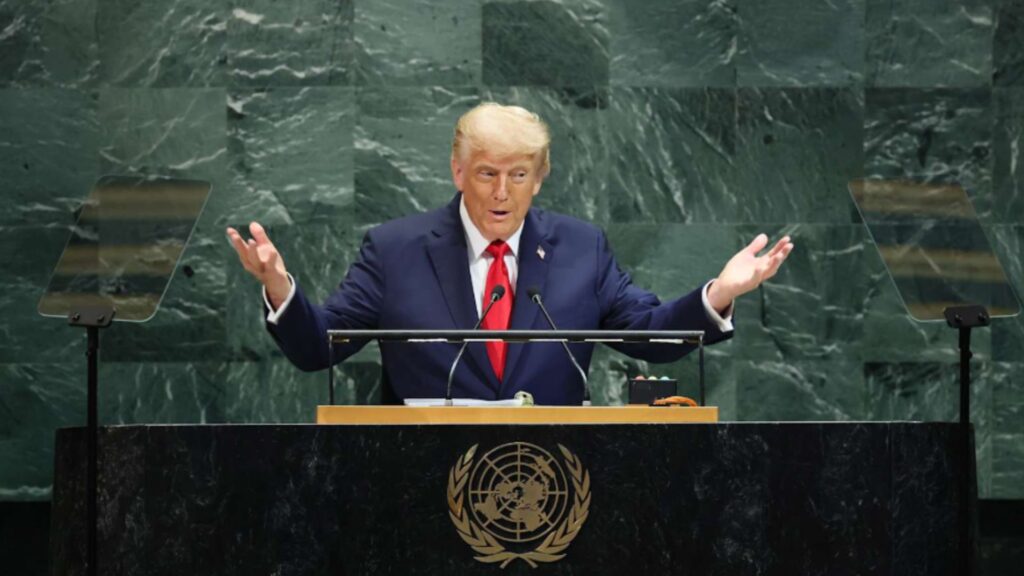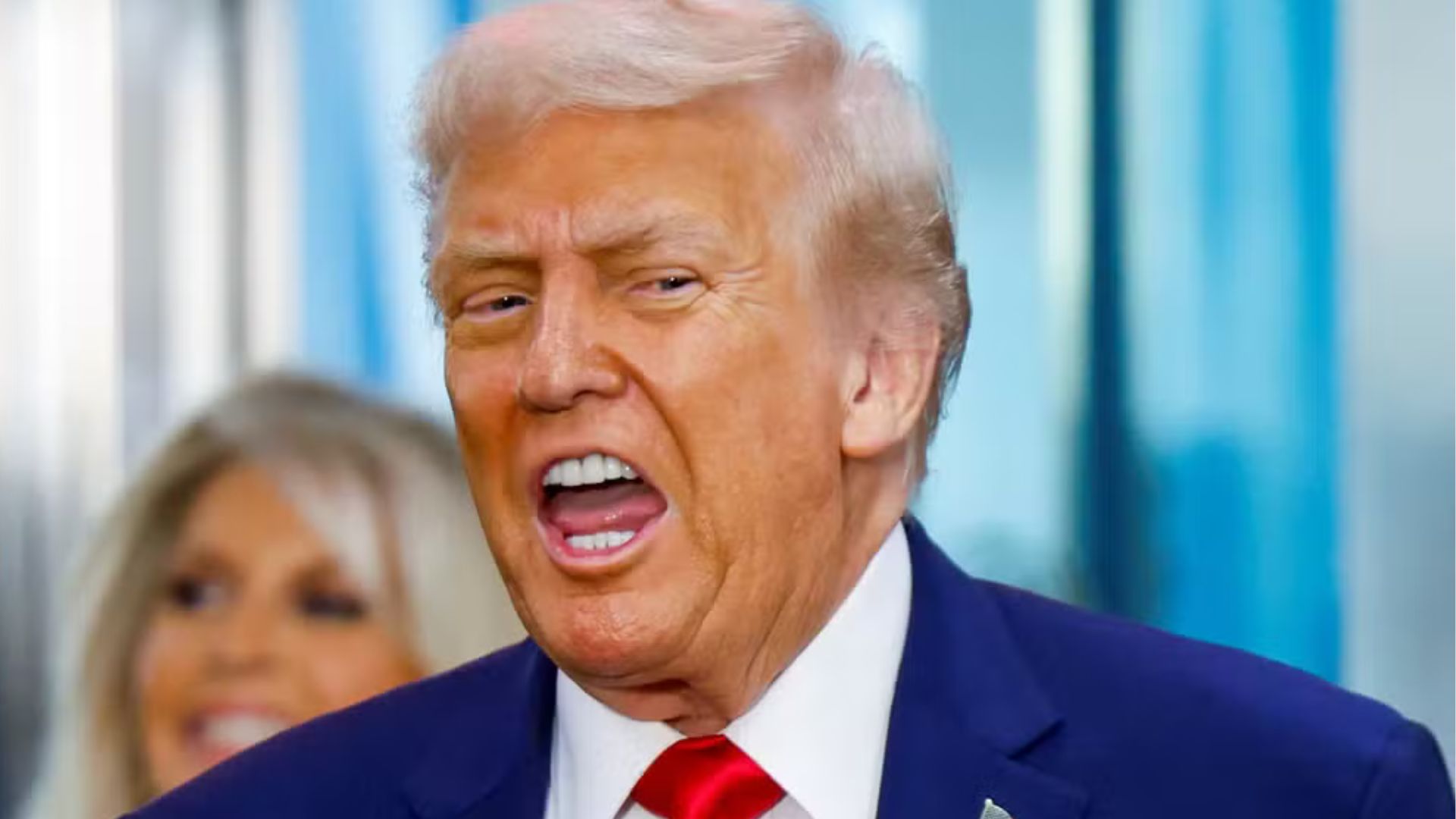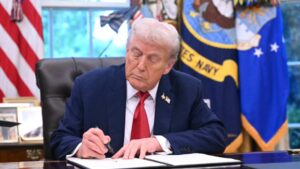
President Trump announced on Thursday (25) a comprehensive package of import tariffs scheduled to take effect October 1, imposing rates ranging from 25% to 100% on branded pharmaceuticals, heavy trucks, furniture, and kitchen and bathroom items. Trump justified the measures by citing a large-scale “flooding” of these products into the United States from other countries, describing the practice as “very unfair” and necessary to protect American manufacturing for “national security reasons”.
Pharmaceutical Products Face Steepest Tariffs
The heaviest tariff of 100% will be applied to any branded or patented pharmaceutical product imported by the United States, with exceptions for pharmaceutical companies constructing manufacturing facilities on American soil. “Starting October 1st, 2025, we will be imposing a 100% Tariff on any branded or patented Pharmaceutical Product, unless a company IS BUILDING their Pharmaceutical Manufacturing Plant in America,” Trump declared on his Truth Social platform.
The president clarified that “‘IS BUILDING’ will be defined as ‘breaking ground’ and/or ‘under construction.’ There will, therefore, be no Tariff on these Pharmaceutical Products if construction has started”. This exemption has prompted major pharmaceutical companies to accelerate U.S. expansion plans, with Eli Lilly announcing a $6.5 billion manufacturing facility in Houston this week, following its $5 billion plant near Richmond, Virginia.
The move significantly impacts global pharmaceutical trade patterns. According to the Observatory of Economic Complexity, pharmaceutical products constituted approximately 5.6% of total U.S. imports in 2023, valued at around $158 billion. Major suppliers include Ireland (14.2%), Switzerland (14%), Germany (13.4%), and India (10.6%). India’s pharmaceutical sector faces particular exposure, as the country supplies 45% of generic drugs and 15% of biosimilar medications used in the U.S. market.
The Pharmaceutical Research and Manufacturers of America opposed the new tariffs, stating that 53% of the $85.6 billion worth of ingredients used in medicines consumed in the U.S. were produced domestically, with the remainder sourced from Europe and allied nations. European companies have responded by highlighting existing U.S. investments, with Roche directing attention to its $50 billion commitment to bolster American manufacturing.
Trucks and Furniture Also Targeted
Trump announced a 25% tariff on all heavy trucks manufactured outside the United States, claiming protection for American manufacturers such as Peterbilt, Kenworth, Freightliner, and Mack Trucks from “unfair foreign competition.” The president emphasized that “we need our truckers to be financially healthy and strong, for many reasons, but above all, for national security purposes”.
Mexico currently serves as the main exporter of medium and heavy trucks to the United States, with imports that have tripled since 2019. The new tariffs could disrupt established supply chains under the U.S.-Mexico-Canada Agreement, which generally allows tariff-free truck imports when 75% of materials and labor originate from North America.
Additionally, Trump imposed a 50% tariff on kitchen cabinets, bathroom sinks, and associated products, plus a 30% tariff on upholstered furniture. The furniture industry expressed concern, with Swedish giant Ikea commenting that tariffs “complicate business operations” and noting they are “closely monitoring the evolving situation”.
The new tariffs represent a continuation of Trump’s protectionist policies, building on tariffs already implemented on steel, aluminum, and other products since January. In August, tariffs of up to 50% on Brazilian imports took effect, causing significant impacts on bilateral trade relations. These measures utilize Section 232 of the Trade Expansion Act of 1962, which grants the president broad authority to restrict imports based on national security determinations.
Industry groups and trading partners have voiced strong opposition. The U.S. Chamber of Commerce previously warned against new tariffs, arguing that many truck components are sourced from allies including Mexico, Canada, Germany, Finland, and Japan. The chamber cautioned it would be “impossible” for many parts to be sourced domestically, leading to increased industry costs.











